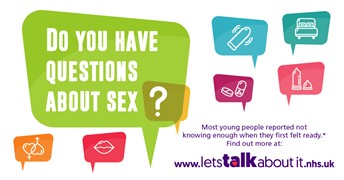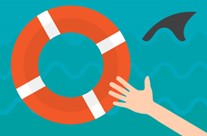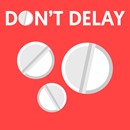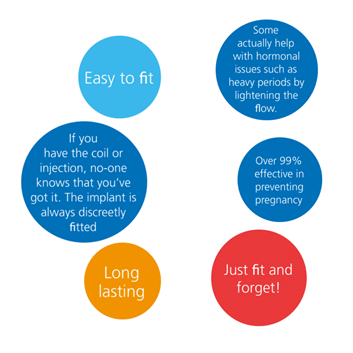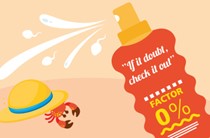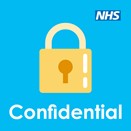
Condoms can help make sex more fun as well as staying safe
Condoms help to stop Sexually Transmitted Infections (STIs) including HIV and unplanned pregnancy when you are not ready to have a baby.
When used properly condoms are extremely effective. If you intend to have sex, use a condom from the start as pre-cum (fluid that comes out of the penis before ejaculation, often to help lubricate the penis) can contain sperm and STIs. Condoms act as a barrier method and any pre-cum and sperm is captured inside the condom.
To help protect you and your partner, use a condom every time you have sex, including vaginal, anal and oral sex.
Some people say "condoms spoil sex for me" as an excuse not to use condoms, but did you know that there many different types of condoms you can try which can make having safer sex fun and enjoyable:
- Flavoured:
- Chocolate? Strawberry? Cola? Blueberry? A taste sensation!
- Textured:
- Ribbed? Dotted? Warming? Cooling? Increase the pleasure for you and your partner!
- Longer lasting:
- Something to help you go for longer and delay ejaculation? There’s a condom for that too!
- Sizes:
- Small to Large and everything in between – find the one that fits and feels comfortable!
- Thickness:
- If you like a thinner condom for that closer feel, it’s just as safe as a thicker condom!
- Allergy friendly:
- Use a latex free condom (not made from latex) and join in on the fun!
- Internal Condom (often called a Female Condom):
- Internal condoms are worn inside the vagina (front hole) to prevent semen getting to the womb.
Talking to your partner about using condoms
It’s everyone’s responsibility to talk about using condoms. It can feel a bit embarrassing to talk to your partner but it’s important so that you can look after yours and your partners sexual health.
If you need help with talking about condoms click here
Check it… then wrap it

Condoms are much more likely to split if they are out of date or in damaged packaging and may not be effective in preventing STIs or pregnancy, so use our check list before buying and using a condom.
☐ Is it in date?
☐ Does it have the BSI kitemark or CE mark? (this means it has passed certain tests and is of good quality) 
☐ Does it have any holes or punctures?
☐ Is it a new (unopened) condom?
Condom Info Page
Visit our Condom Information page and scroll down to watch our 'How To Put A Condom On' video!
Where to get free condoms
Condoms are available for free from Sexual Health Clinics and many GPs, Pharmacies and young people’s services with a ‘Get it On Condom Card’.
All types of condoms are available to buy from a shop or (online from known providers such as Pasante, Durex or Mates).
Get Condoms with the GIO C-Card Scheme here
Get Condoms by post here








